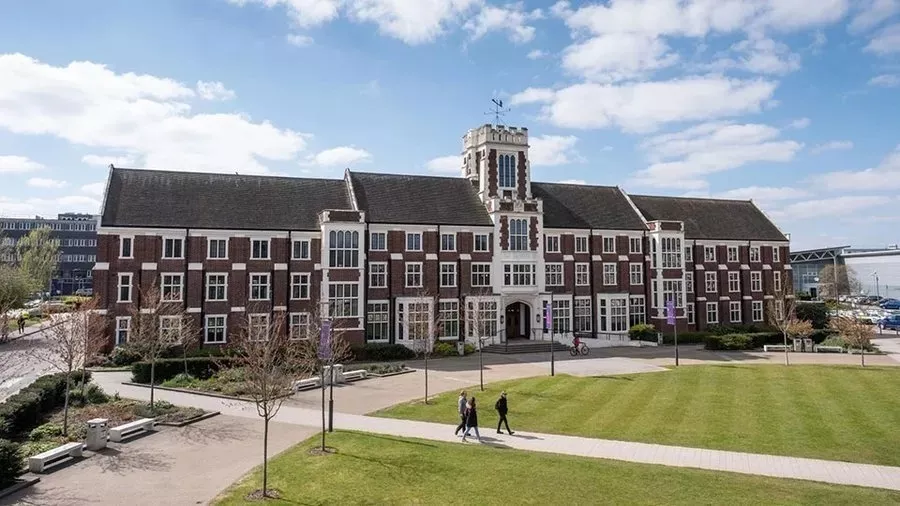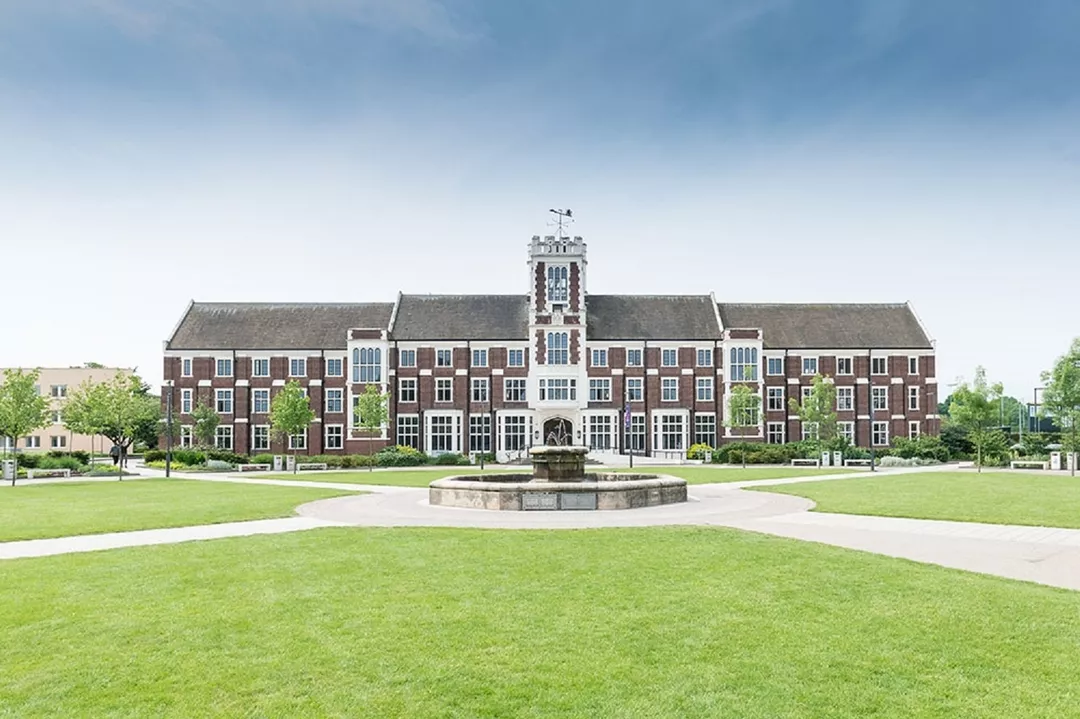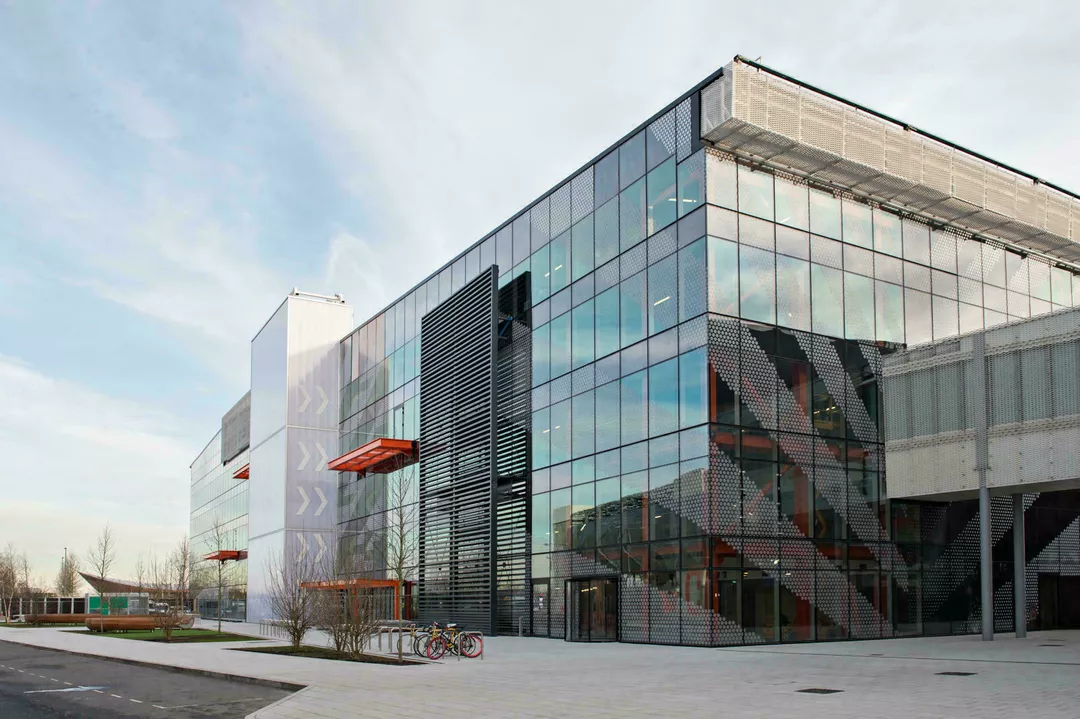-
hello@abroadcube.com
Mail us
-
Call For Help:
98779 83783
-
Whatsapp Us
70090 34921
Loughborough's MSc Systems Engineering has been designed in collaboration with industry to meet the challenge of interdependence between sophisticated engineered systems of all kinds. Advanced modelling, simulation and interactive visualisation tools and techniques will enable students to gain greater understanding of the performance, behaviour and emergent properties of advanced technology and complex systems. Students will have access to advanced visualisation techniques to enhance models and simulations of real-world systems, including cockpit simulators to study pilot behaviour toward stress and the impact this has upon their mental agility.
The Systems Engineering master's emphasises model-based systems engineering, and is thus positioned at the cutting edge of academic and practitioner practice. To support this approach, students will gain an understanding and be encouraged to use appropriate systems-based computer tools across all modules. These range from the use of general tools and program environments such as those typified by spreadsheets, MATLAB, and LabView; to more specific software such as System Architect, SysML toolsets, and Triz (the latter is used in product innovation). The software tools are pre-loaded onto machines in specific laboratories which are accessible outside teaching hours.
World-class visualisation facilities and an interaction management wall (comprising six large, integrated monitors) are available should students become involved in research in those areas as part of their individual projects. These facilities are open during normal working hours only (for health and safety reasons).
The academic team is internationally renowned for their research and industry influence, and bring a wealth of knowledge and experience to each module. Throughout the programme, students will also receive insights from guest lecturers and industry practitioners that provide a real-world perspective to their learning.
The programme is accredited by the Institute of Measurement and Control, the IET and the Royal Aeronautical Society. There are also professional links to INCOSE-UK and the Object Management Group standards body.
| Level | Masters |
| Discipline | Engineering |
| Duration | 12 months |
| Intakes | Oct |
| Application Fees | GBP 0 |
| Tuition Fees | GBP 23500 |
| Campus | Loughborough |
| Language proficiency (minimum) | |
| IELTS | 6.5 |
|---|---|
| TOEFL | 92 |
| PTE | 62 |
| Duolingo | 110 |
| Exam proficiency (minimum) | |
| SAT | Not Required / Waiver |
|---|---|
| ACT | Not Required / Waiver |
| GRE | Not Required / Waiver |
| GMAT | Not Required / Waiver |
Minimum GPA - 75%
QS Quacquarelli Symonds is the world’s leading provider of services, analytics, and insight to the global higher education sector, whose mission is to enable motivated people anywhere in the world to fulfil their potential through educational achievement, international mobility, and career development.
THE (Times Higher Education) has been providing trusted performance data on universities for students and their families, academics, university leaders, governments and industry, since 2004. We create university rankings to assess university performance on the global stage and to provide a resource for readers to understand the different missions and successes of higher education institutions.
The Academic Ranking of World Universities (ARWU) was first published in June 2003 by the Center for World-Class Universities (CWCU), Graduate School of Education (formerly the Institute of Higher Education) of Shanghai Jiao Tong University, China, and updated on an annual basis
The "Webometrics Ranking of World Universities" is an initiative of the Cybermetrics Lab, a research group belonging to the Consejo Superior de Investigaciones Científicas (CSIC), the largest public research body in Spain. CSIC is among the first basic research organizations in Europe. The CSIC consisted in 2006 of 126 centers and institutes distributed throughout Spain.



